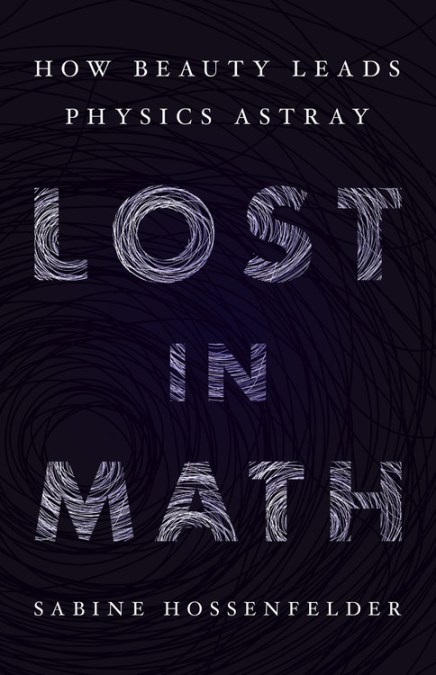 From Ethan Siegel at Forbes:
From Ethan Siegel at Forbes:
So why do so many theoretical physicists write papers about the multiverse? About parallel Universes and their connection to our own through this multiverse? Why do they claim that the multiverse is connected to the string landscape, the cosmological constant, and even to the fact that our Universe is finely-tuned for life?
Because even though it’s obviously a bad idea, they don’t have any better ones.
…
As I’ve explained before, the Multiverse is not a scientific theory on its own. Rather, it’s a theoretical consequence of the laws of physics as they’re best understood today. It’s perhaps even an inevitable consequence of those laws: if you have an inflationary Universe governed by quantum physics, this is something you’re pretty much bound to wind up with. But — much like String Theory — it has some big problems: it doesn’t predict anything we either have observed and can’t explain without it, and it doesn’t predict anything definitive we can go and look for. More.
If so, cosmology is over. As we noted elsewhere, the multiverse is science’s assisted suicide.
 One wonders whether such strikingly honest admissions increased in frequency after Sabine Hossenfelder started telling it like it is in Lost in Math: How Beauty Leads Physics Astray.
One wonders whether such strikingly honest admissions increased in frequency after Sabine Hossenfelder started telling it like it is in Lost in Math: How Beauty Leads Physics Astray.
The elegant papers and cool essays on the multiverse are polite social noise humming over a stark fact. The evidence shows that our universe is fine-tuned. Assuming it is not leads us away from the science and many cosmologists will boldly go.
See also: Science writer Ethan Siegel says, the multiverse is not the answer
Sabine Hossenfelder: The multiverse is “a fringe idea”
What becomes of science when the evidence does not matter?
and
The multiverse is science’s assisted suicide